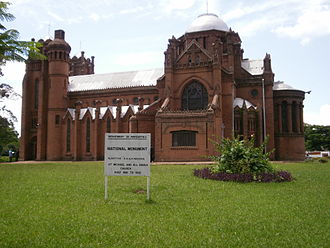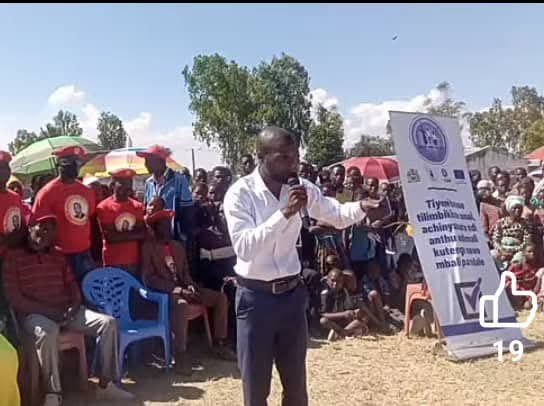By Burnett Munthali
In a scathing Facebook post, prominent lawyer Alexius Kamangila has voiced his deep concerns about the state of law and order in Malawi, criticizing the country’s apparent tolerance of criminal behavior. His bold statement sheds light on what he sees as a systemic failure in the country’s institutions to hold criminals accountable, while those same individuals continue to enjoy respect and protection from the authorities and society at large.
“Republic of Malawi is a country where criminals can openly behave criminally and continue to get respect of the Police, of the people, and of the Clergy,” Kamangila wrote in his post. His words highlight a disturbing trend: individuals who engage in corrupt and illegal activities are not only evading justice but are also accorded a level of respect and recognition that undermines the very principles of law and morality.
Kamangila’s post, which includes the pointed phrase “Dziko lowola” (meaning “a rotten country”), reflects his frustration with the systemic decay he perceives in Malawi’s governance and moral fabric. His critique is not just directed at criminals themselves, but at the institutions and societal structures that enable this culture of impunity to persist.
One of the key targets of his criticism is the police force, which he implies has failed in its duty to uphold justice. By continuing to respect and shield individuals engaged in criminal activities, the police are, in Kamangila’s view, complicit in allowing corruption and crime to flourish unchecked. His words also extend to religious leaders, calling out the clergy for turning a blind eye or failing to condemn the wrongdoing that is rampant in society.
Kamangila’s reflections strike a chord in a nation where cases of corruption, embezzlement, and political manipulation frequently make headlines, yet prosecutions and meaningful consequences remain scarce. His post reflects the frustrations of many Malawians who are disillusioned by the lack of accountability for those who flout the law, often with the implicit support of powerful institutions.
By addressing these issues publicly, Kamangila raises important questions about the future of Malawi’s justice system and societal values. His call is not just for the punishment of criminals but for a shift in how society views and treats those who break the law. He suggests that until criminals are treated as such and no longer receive the respect and protection they currently enjoy, true justice and progress will remain out of reach.
The lawyer’s post has already sparked a lively conversation online, with many agreeing that there needs to be a cultural and institutional reckoning in Malawi. His statement challenges the police, the people, and religious leaders to reflect on their role in fostering a culture that allows criminality to thrive.
As Kamangila’s post continues to generate debate, it is clear that his call for action resonates with a public hungry for real change. The message is simple yet profound: until criminals are no longer celebrated or shielded, Malawi’s fight against corruption and lawlessness will remain an uphill battle.




